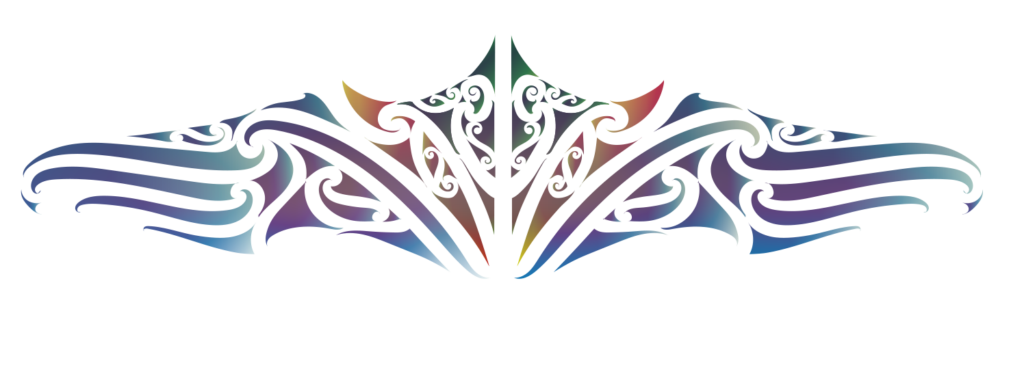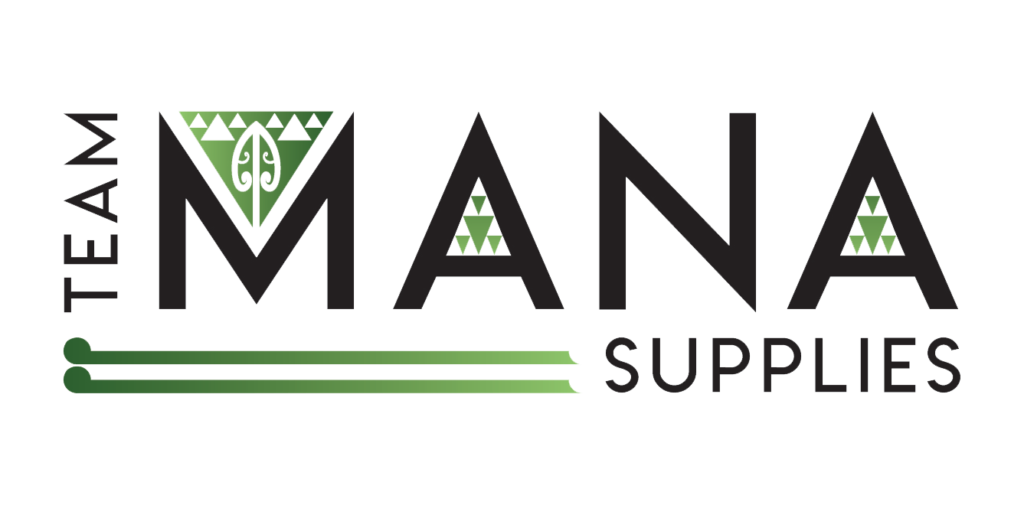The transmission of traditional food knowledge: Experiences and perspective of young adults
The health of Aboriginal and Torres Strait Islander people is linked to culture and often described in terms of Social and Emotional Wellbeing (SEWB). The role of traditional food practices has often been assumed or overlooked. A greater understanding of transmission and acquisition of traditional food knowledge is required to examine the impact on cultural identity and SEWB. The aim of this study was to supplement the currently limited body of research on intergenerational transmission of traditional food knowledge among Yuin young adults (25-35 years), by examining of their perspectives and experiences regarding acquisition of traditional food knowledge using in-depth interviews and thematic analysis
Results: Young adults had a strong desire to learn more from Elders regarding traditional food. This came from a strong desire to “keep culture strong”. Traditional food knowledge was viewed as important for maintaining identity and improving SEWB. Participants identified the joint responsibility of their generation and knowledge-bearers in maintaining traditional knowledge transmission; young adults, by actively seeking knowledge, and knowledge-bearers, by actively approaching young adults. Data analysis indicated that despite this view, they were limited by disconnection from knowledge-bearers and they experienced difficulties balancing knowledge acquisition and its use with work and home responsibilities in their predominantly Western cultural context. Structural and cultural barriers were found to affect SEWB. Hence, interventions promoting intergenerational transmission of traditional food knowledge amongst young adults have the potential to improve SEWB. However, there are structural and personal barriers to transmission that need to be addressed.




